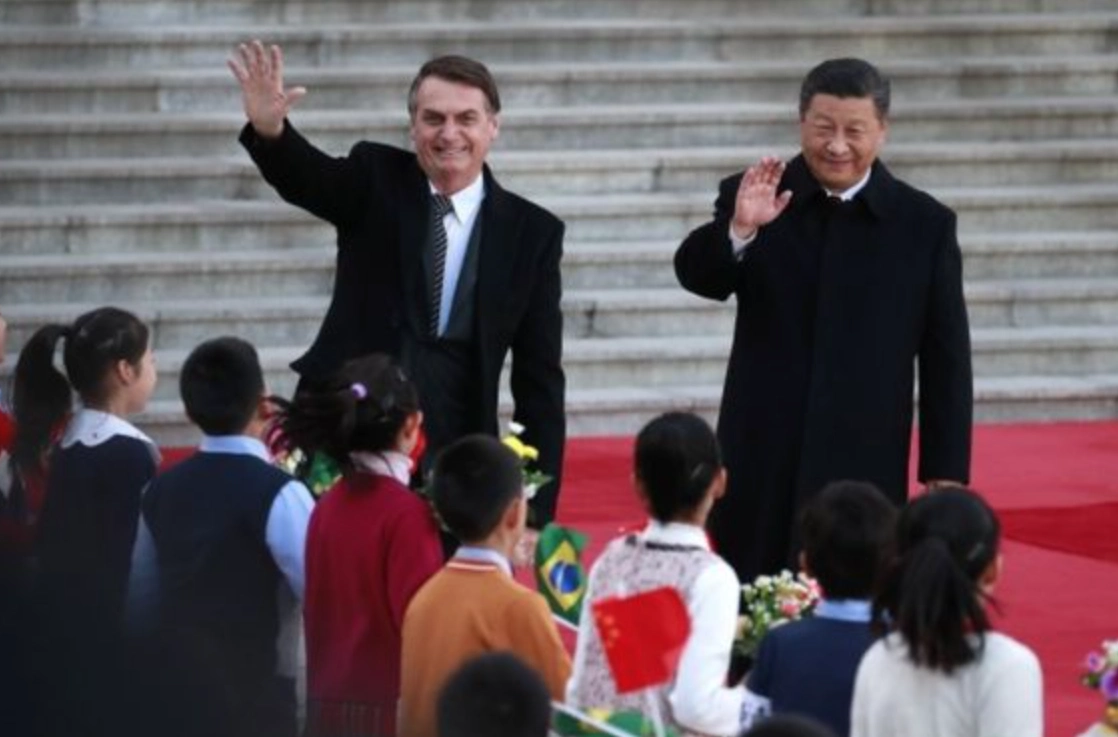The commercial, political, military, and cultural activities of the People’s Republic of China (PRC) in Latin America over the past two decades are indirectly fostering a less democratic and secure region. And that is because the value-added from the extraction of the region’s resources and the supply of goods and services to its markets are increasingly going to Chinese companies and investors, rather than to the Latin American people.
China’s efforts, generally led by its state-owned enterprises and supported by the government, seek to secure access to strategic resources, food, markets, and technologies in order to obtain the highest possible value-added for Chinese entities. Thus, its particular advances include the “connectivity” of Latin American economies, including ports, land and maritime transportation, electricity generation and transmission, telecommunications, e-commerce, and finance, among others.
The Asian power’s efforts are backed by its considerable soft power that often leverages not only admiration for Chinese culture or the country as a political and development model, but also the hope of a political, corporate, or personal “benefit” that is not necessarily inconsistent with the distrust that some in the region have for the practices of the government and its companies.
Such soft power is reinforced by people-to-people diplomacy (paradiplomacy), including 44 Confucius Institutes that attract Latin Americans interested in China, as well as the Hanban scholarships (a public institution directly under the Chinese Ministry of Education) that allow the most capable to study in China. This experience can lead them to occupy future commercial and diplomatic positions with respect to China in their own governments. In contrast, the payment of travel to academics, politicians, journalists, and government officials places them, to a certain extent, in a compromising situation when it comes to criticizing the country.
In this way, China and its companies, by pursuing their own interests, have become “incubators” of authoritarian regimes as populist elites consolidate power, hijack their democracies and act against the private sector. The Chinese government sells, for example, military and electronic systems to its authoritarian partners to help them stay in power by controlling their populations. This generates a mutual benefit, as these governments then supply commodities to China and contract their companies for projects on often lucrative terms.
Concerning Taiwan’s sovereignty, China not only furthers the strategic goal of isolating the island but also influences countries for a “turnaround” through the signing of multiple, usually non-transparent, memoranda of understanding that open up the economy, infrastructure, education system, and other areas.
The Government’s military and police activities in Latin America and with the region’s leaders seek to embolden them while selling or donating military transport and combat aircraft, helicopters, patrol cars, armored vehicles, construction equipment, motorcycles, police patrol cars, and dual-use vehicles.
In addition, China regularly brings Latin American military leaders to mainland China for military training and education. In turn, China sends members of the People’s Liberation Army (PLA) to take courses in Latin America; to make regular institutional visits, and the Chinese Navy itself makes port calls in the region.
In fact, there have been 20 military deployments and visits by 200 senior PLA defense officials to the region in the last two decades. Moreover, it is understood that in the context of a conflict with the United States, such exchanges facilitate the PLA’s ability to deploy to the region, even in the absence of a formal military base or alliance agreement.
In this context, the COVID-19 pandemic has paved the way for a significant expansion of China’s presence in Latin America. Aside from China’s vaccine diplomacy, the economic and fiscal difficulties due to the pandemic in Latin America have elevated the importance of the People’s Republic of China as a buyer of Latin American minerals and food products. Thus, decisions to lend or invest money in the region have strengthened its negotiating position with Latin American governments.
*Text originally published on the REDCAEM website.
Translated from Spanish by Janaína Ruviaro da Silva













